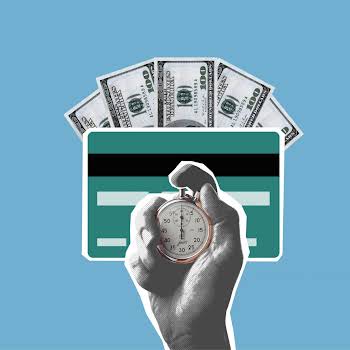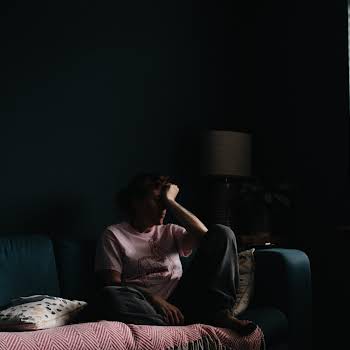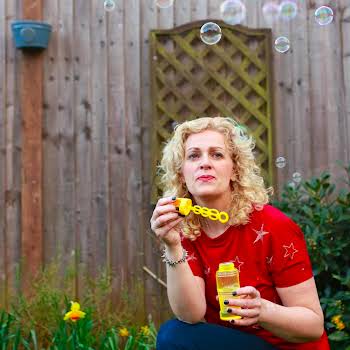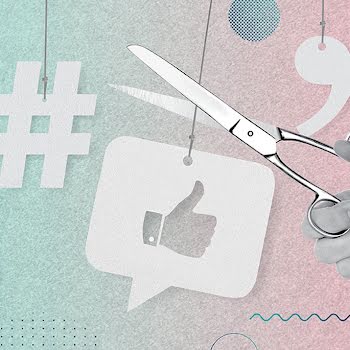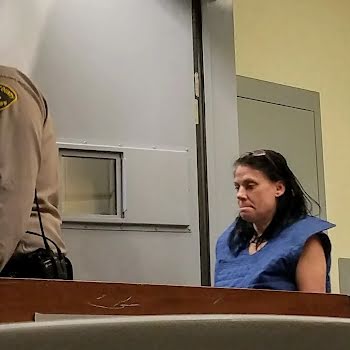
By IMAGE
12th Oct 2020
12th Oct 2020
In January last year a new law was introduced to Ireland which made coercive control a crime. Yet there has yet to be a conviction through the courts. What exactly is coercive control and how can victims get help? Sarah Benson, CEO of Women’s Aid, reports
Can you imagine if you had to explain every minute of your day spent outside the house; explain what you are wearing and defend your decision making?
What if your phone bill was checked, and you had to account for every call, or if you had to ask your partner for money any time you needed to buy food for your children and if money for tampons was called an ‘extra’ to be negotiated for? How would it feel if friends and family were made to feel so unwelcome that they stopped calling to your home?
That was Caroline’s life, when she first called Women’s Aid. Caroline was being subjected to coercive control.
Caroline* married 11 years ago. When she first met her husband Anthony*, she had a full-time job and her own house. After seven years and two children together, Anthony persuaded her that it made more sense for her to give up work to be at home with the children.
“Anthony began giving me an allowance every week to cover household costs… He began to itemise the shopping bills and accused me of running up heating bills. Sometimes I would not put on any heat until he came home, and me and the kids just put up with the cold. Literally every cent was to be accounted for.
“I felt too embarrassed to allow friends or family to pay for me, so I put them off by saying I am too busy to meet up. Gradually they stopped asking, and I suppose I can’t blame them.”
Last year Women’s Aid direct services received 19,089 contacts, during which 16,994 disclosures of domestic violence against women and 3,728 disclosures of abuse against children were made.
When Caroline called our 24 Hour National Freephone Helpline, she found the support and sanctuary she needed.
“When I rang the helpline I surprised myself: I really cannot quite believe how trapped I had become in the relationship. Having had my own independence means and a wide circle of friends, colleagues and family a few years ago, my world had shrunk to the four walls of the house with my two beautiful children my only company.”
Coercive control is a persistent pattern of controlling, coercive and threatening behaviours, including all or some forms of domestic abuse: emotional, physical, financial and sexual abuse — including threats — by a boyfriend, partner, husband or ex. It traps women in a relationship, makes it dangerous — and it can feel impossible to leave.
This can have serious impacts including fear of, or actual, violence. It causes grave distress and can result in a woman giving up work, changing her routines to fit his demands, losing contact with family and friends who might be a support to her. Coercive control can damage a woman’s physical, emotional and psychological wellbeing. The ultimate consequence for victims can be murder.
What are the signs of coercive control?
Answering yes to any of the following questions may help you recognise signs of coercive control.
- Do you feel like you are being isolated from your family and friends?
- Does your partner deprive you of basic everyday needs like food, electricity, heating?
- Do you think he is monitoring your online activity or has installed spyware on your phone, laptop or other device?
- Does he take control over aspects of your everyday life, such as where you can go, who you can see, what to wear, when to be home and/or when you can sleep?
- Does he stop you from accessing support services such as specialist support or medical services?
- Is he repeatedly putting you down such as telling you that you are worthless, stupid or crazy?
- Does he enforce rules and activity that feel humiliating or degrading to you?
- Does he force you to take part in criminal activity such as shoplifting?
- Is he in control of the finances and prevents you from working and/or having your own money?
- Does he threaten to reveal or publish private information about you, like private videos or photos, online?
Coercive control can have a devastating impact on women’s lives and it is a criminal offence. If you ever decide to seek protection from the Gardaí or the Courts it is necessary to have some record of what has happened. This will establish what has been done to you, and help demonstrate that there is a clear pattern of abuse.
Examples of evidence can include:
- Copies of emails, phone records or text messages;
- Evidence of online abuse using, for example, digital technology and social media platforms;
- Records of your interaction with services such as domestic abuse support services or medical records
- Witnesses: for example family and friends may be able to give evidence about the effect and impact of your isolation from them;
- Bank records to show financial control;
- A diary (making sure it is safe to keep – perhaps left away from home with a trusted person) with dates and incidents including notes of previous threats made to you, the children or other family members, including dates and times;
- Records of any statements that you have made to the Gardaí, if applicable.
If any of these things are happening in your relationship or even if you are not sure and something just doesn’t feel right, the Women’s Aid 24hr National Freephone Helpline is available for you 24/7 on 1800 341 900. The National Helpline is a safe, confidential and non-judgmental space to talk through what is happening at home or in relationships and get practical support and information such as details of all the specialist services across the country, including refuges if you feel unsafe in your home and need emergency safe accommodation.
We also offer a listening ear and information to those who may be concerned about someone they know, but are unsure how to help. Help is available and no one should suffer in silence. If in doubt, reach out.
(*Names, and some identifying details have been changed to protect confidentiality.)
For more information, see:
Women’s Aid 24hr National Freephone Helpline 1800 341 900; www.womensaid.ie
An Garda Siochana video: https://bit.ly/3ajNIMu
Women’s Aid Coercive Control guide: https://bit.ly/2RlbS0l
Safe Ireland guide: https://bit.ly/2TvdnMa
Photo: Pexels
Read more: Coercive control: ‘It began with subtle, degrading comments about my body’
Read more: ‘It was so unnecessary for them to die’: Frank Mullane on losing his sister and nephew to domestic homicide
Read more: This new campaign is highlighting how financial abuse affects women in Ireland












